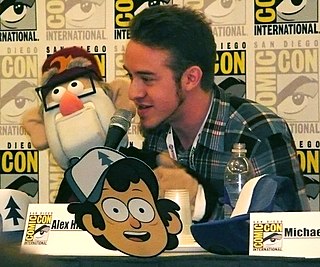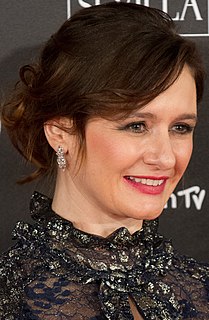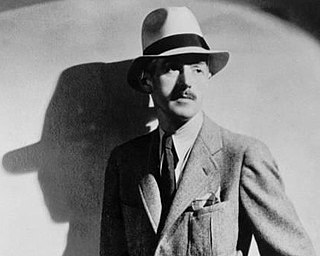A Quote by Gail Simone
A lot of readers and a lot of editors had a story problem with Oracle, in that she made for such an easy, convenient story accelerator, that we missed the sense of having characters have to struggle to discover, to solve mysteries. Famously, it helped make Batman less of a detective and more of a monster hunter.
Related Quotes
I think a lot of creators are attracted to those toys they got to play with when they were young, and everyone wants to write a Superman story or a Batman story or a Spider-Man story. I don't know, if it's been successful for me, it should be successful for anyone. "Hit the ground with your feet running" is the secret of breaking new characters when it seems like no one else is having any luck.
One thing that's a lot harder to put into stories than you'd think is the idea of a traditional monster, because monsters with a capital 'M' don't inherently lend themselves to a story about your character. Unless one of your characters is themselves the monster, simply having a monster leads to a chase or a hunt.
I do open endings on purpose. I expect a lot from my readers. I want them to do much of the work, because I believe that the story is built by the reader, not by the writer. I like having an open ending to a standalone fantasy, because it allows a continuing story to be written in the hearts of the readers.
I do not know if you have ever noticed that the more you struggle to understand, the less you understand any problem. But, the moment you cease to struggle and let the problem tell you the whole story, give all its significance - then there is understanding, which means, obviously, that to understand, the mind must be quiet.
I spent a lot of time with a real detective, a lady detective inspector who was the only female detective inspector in the whole of East London. She and I hung out a lot. She showed me what she did and I spent time with her. So, [she was] a lot of the inspiration for the way I dressed and sometimes the dialogue in those interview scenes where we're cross examining and questioning the youths and trying to get a confession out of them.
A short story is confined to one mood, to which everything in the story pertains. Characters, setting, time, events, are all subject to the mood. And you can try more ephemeral, more fleeting things in a story - you can work more by suggestion - than in a novel. Less is resolved, more is suggested, perhaps.
What I try to do is write a story about a detective rather than a detective story. Keeping the reader fooled until the last, possible moment is a good trick and I usually try to play it, but I can't attach more than secondary importance to it. The puzzle isn't so interesting to me as the behavior of the detective attacking it.
That became my aesthetic - a very Chekhovian, American realist aesthetic in the tradition of Raymond Carver, Richard Ford, and Tobias Wolff. The perfectible, realist story that had these somewhat articulate characters, a lot of silence, a lot of obscured suffering, a lot of manliness, a lot of drinking, a lot of divorces. As my writing went on, I shed a lot of those elements.
I like to have a much greater base and know a lot more about my character before I begin to fill the person. So a lot of it really entails sit-downs with them, determining who she is, where she came from, and why she reacts a certain way, and then I was really able to expand upon a lot of that and create a lot of that story on my own.






































